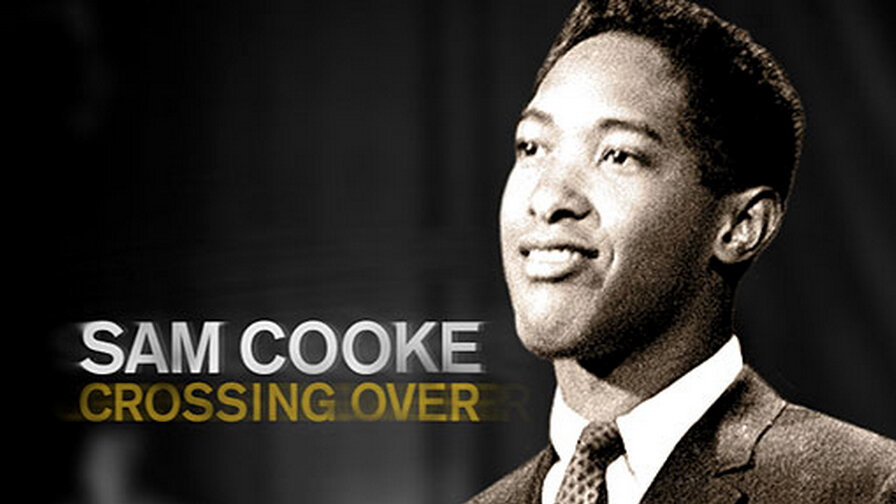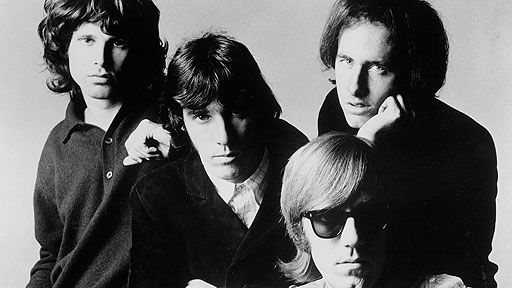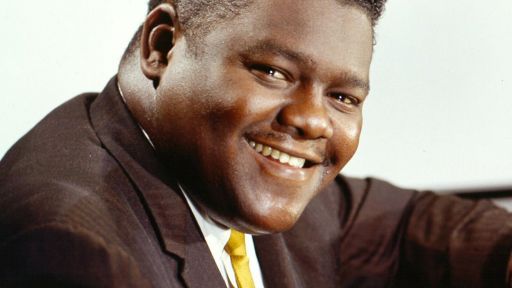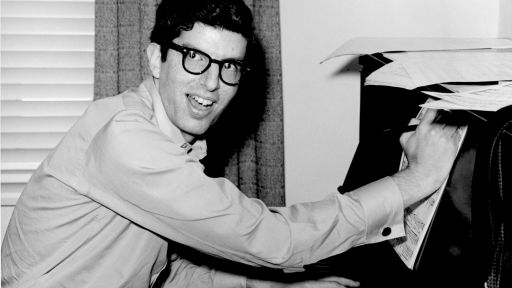Narrated by Danny Glover, the film features archival footage and interviews with Cooke’s family and intimates including Muhammad Ali, Herb Albert, James Brown, Dick Clark, Smokey Robinson, Jerry Wexler, and more.
Sam Cooke put the spirit of the Black church into popular music, creating a new American sound and setting into motion a chain of events that forever altered the course of popular music and race relations in America. With You Send Me in 1957, Cooke became the first African American artist to reach #1 on both the R&B and the pop charts. It was risky for this young gospel performer to alienate his fans by embracing “the devil’s music” – but he proved, with his pop/gospel hybrid, that it was, indeed, possible to win over white teenage listeners and keep his faithful church followers intact.
American Masters Sam Cooke: Crossing Over premiering nationally, Monday, January 11, 2010 at 9 p.m. (ET) on PBS (check local listings), features interviews with Muhammad Ali, Lou Adler, Herb Albert, James Brown, Jimmy Carter, Mel Carter, Dick Clark, Sam Moore, Earl Palmer, Billy Preston, Lou Rawls, Smokey Robinson, Jerry Wexler, Bobby Womack and more. The film is produced by John Antonelli and D. Channsin Berry and directed by Antonelli. Susan Lacy is the series creator and executive producer of American Masters. American Masters is a production of THIRTEEN in association with WNET.ORG – one of America’s most prolific and respected public media providers.
“Before Otis Redding and Aretha Franklin, Sam Cooke already heated up the charts with his unique blend of sensuality and spirituality,” says Susan Lacy, series creator and executive producer of American Masters, a seven-time winner of the Emmy Award for Outstanding Primetime Non-Fiction Series. “His smooth songs and sophisticated phrasing influenced artists from Al Green to Alicia Keys. And Cooke’s legacy reaches far beyond music boundaries. Spike Lee featured ‘A Change Is Gonna Come’ in his film Malcolm X and the same song inspired President Obama’s speech. Who else besides an American Master can make such claims?”
Cooke’s career was tragically short, but meteoric at every stage. From early childhood, his silky, soaring voice electrified the congregation at his father’s First Baptist Church in Chicago. By the age of 19, he became lead vocalist for the popular gospel group The Soul Stirrers, heard in churches and jook joints and night clubs all along the Chitlin Circuit, from Chicago through the South to LA and back again. He redefined the genre and became gospel’s first iconic, and ironically, sexy superstar. Women began to flock to concerts to experience Sam, not Jesus!
Professionally, things continued to come easily to Cooke. You Send Me went gold, selling over a million records, and was followed by Soothe Me, Feel It, Bring It On Home to Me, Wonderful World, Cupid, Twistin’ the Night Away – all of which hit the charts within a two-year period. In combining two worlds, his constant challenge was to sing meaningful lyrics with the fervor of gospel and the romance of pop. He came closest with Chain Gang, observed and written during the Civil Rights era and with the poignant, biting lyrics and melody of A Change is Gonna Come in 1962, fashioned out of the depth of personal pain and loss.
Sam Cooke accomplished what no other black performer had ever even attempted, founding his own music publishing and record label, opening doors for and writing material for other artists – mentoring Aretha Franklin and launching Otis Redding. He had the courage to take an open stand against racism, refusing to perform at a segregated venue in the south and garnering the support of Dick Clark. But, his story ends abruptly at the height of his success when, at the age of 32 in 1964, he was, inexplicably, gunned down and killed in the company of a prostitute – leaving a profound legacy filled with extraordinary talent – and all the questions about what might have been.









